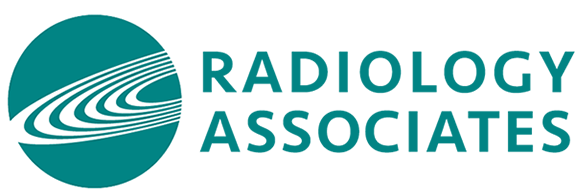Well, it’s the New Year and if you’re like many people, you have made a resolution to take better care of your beloved, sometimes beleaguered body.
While there are disputes about whether it is healthier to eat a vegetarian, vegan, Paleo or Mediterranean diet, all healthy diets have certain commonalities, including limiting refined sugar, salt and highly processed foods, so commit to making those changes. Medical science and common sense also support getting aerobic exercise such as running, walking, biking, hiking, rowing, dancing, etc. for at least 30 minutes 4-5 times a week, strengthening exercises at least 2-3 times a week, and a minimum of 2 days of stretching to help keep your heart and circulatory system strong, your bones dense and your soft tissues flexible.
Supporting a healthier you doesn’t stop there – there are also screening exams that can catch disease and disorder early, when they are easiest to treat, and aid in preventing their progression. The suitability of these tests may depend on your age, personal or family health history, symptoms and genetic markers, so talk to your healthcare professional about which tests may be right for you.
Screening Mammography
Since its inception, screening mammography has helped reduce breast cancer deaths by 30%. Women ages 40 and older (or younger if recommended by your doctor) should have a screening mammogram every 1-2 years. RAI offers the 3D Mammography™ exam, which is up to 40% more effective than traditional mammography in detecting invasive cancers and reducing false positive results. No doctor referral is needed, so you can schedule your own appointment at one of our imaging centers closest to you by calling (386) 274-6000.
Cardiac Calcium Score
If you’re a man between the ages of 35-70 or a woman aged 40-70, a cardiac calcium score, also called a CT heart scan, measures the calcium and plaque build-up in your coronary arteries, indicating if you’re at increased risk of a stroke or heart attack. With this information in hand, you and your doctor can employ measures to help avoid catastrophe. The CT cardiac calcium score is a non-invasive, doctor-referred exam.
CT Lung Cancer Screening
Current and former heavy smokers should talk to their doctors about Low-Dose Computed Tomography lung cancer screening. This quick, painless scan can discover nodules in the lung before symptoms occur, while they are small, contained and highly treatable. RAI recommends annual screening for people ages 55-80 with a 30 pack-year smoking history (years smoked x packs per day) who currently smoke or quit within the last 15 years. A medical referral is necessary for this exam.
Bone Density
Every year, Americans break about two million bones because of osteoporosis. Bone density screening, also known as DEXA, is a painless, noninvasive x-ray exam that can detect low bone mass and measure bone mineral density in just minutes. When caught early, osteoporosis can be treated and monitored. The most accurate assessment occurs when women ages 30-40 and small-boned men ages 40-50 get a baseline DEXA score, and then get a routine screening at age 65 for comparison and bone loss measurement. Postmenopausal women with other risk factors, including small bones, family history, White or Asian race or previous fracture may want to get screening before age 65.
These are just a few ways that RAI can help you enjoy a happy, healthy 2019.
For more information about these and other tests and procedures, contact your nearest RAI imaging center by calling (386) 274-6000, or visit us online at www.radiologyassociatesimaging.com.

